Executive Summary:
This research is undertaken to examine the travel patterns of women travelers in Kabul city, assessing their mobility issues, and challenges affecting their access to financial resources, information & other services. In addition, in this study key initiatives have been proposed to improve women mobility, their access to financial services. It also indicates types of capacity building programs needed for women to improve their income-earning options. The main purpose of this research study is to identify the major obstacles for the demand and supply of financial services &information that converge. Based on the findings of this research Afghan women lack the support of family and community to be allowed for their engagement in income generating activities, the main reason behind the lack of families and community support is the technical and social barriers such as:
- Harassment (Multiple kinds of sexual harassment on the public & work place, dialect, languages, &inappropriate behavior of drivers and conductors).
- Lack of transport facilities (late arrival of women employees to their work places by using public transport, over-crowded public transport, misbehavior of people, discrimination based on gender within transportation chains, shortage of space for women travelers using public transport, and expensive private transport fares).
- Lack of first hand information to get access to the opportunities (high rate of illiteracy among women, lack of access to latest technologies, lack of social mobility and lack of information, gender based segregation within business chains).
- Gender based discrimination within the current financial institutions and government policies and laws.
The abovementioned challenges restrict women’s full participation in the Afghan economy that include restrictions on their mobility and access to resources, markets, and venues for production, sales, and employment. The lack of support infrastructure such as viable business and social networks necessary to successfully conduct business and share the information. Some challenges are common to both men and women, but have a greater impact on women. While access to finance is often an impediment for starting and growing a business, for example, Afghan women have less access to start-up capital and equity to start their businesses. As the findings of this study indicate that 82 % of the women are not able to pay for the transport services
The challenges that Afghan women face are considerable and require a strategic approach by government, donors and civil society actors. Women must be empowered at all levels of economic engagement and require the development of an enabling environment that promotes and ensures their success. The finding of this study indicates that skills for the marketplace range from basic literacy and numeracy to vocational, professional, office worker, services sector, ICT, and basic and advanced business skills are essential tools for women economic empowerment. The result of this study indicates that 20 % of the women are currently involved in tailoring field, the other 15 % of them are employed and interested in teaching field, 11% of the respondents are running different businesses such as perfume shops, automobile business and designing, 8% of the respondents are interested and engaged in handicraft activities. At the same time 7 % of the respondents are government employees, whereas6% of them are university students. In addition, 6% of the women are currently engaged in administrative field in banks and other private companies, 12 % of the respondents are not engaged in any business or income-generating activities. Thus, the above mention percentages shows that women economic contribution is low and capacity building initiatives will empower them to get access to financial resources
Women have limited access to information. They are confined to the home rely on male members of the household to relay information. Those who enjoy more mobility are often still limited in their information sources. Access to information can be improved by improving women’s physical access to ICT (Information & Communication Technology) as well as by developing content that is responsive to women’s needs. As women experience the benefits of improved access, they can increasingly use the Internet to find job and training opportunities, view images to generate new ideas for product design, communicate with mentors, develop market linkages, and conduct business communication. Based on the result of this study 70 % of the respondents do not know about financial institutions and their related services in Kabul city but are interested to know. But on the other hand 17 % of the respondents are aware of financial services. It shows a wide gap about the having information on financial services in the city.
The other major points this research indicates is overall, the lack of safe transport facilities for women and their products transfer. The general increase of insecurity has worsened safety conditions of the transportation inside and outside Kabul. Sexual harassment is one of the main reason that female cannot feel safe while using public transportation. Meanwhile the private transportation is very costly which have affected their access to financial institutions, information and getting of vocational trainings and skill for their engagement in the economic and development process.
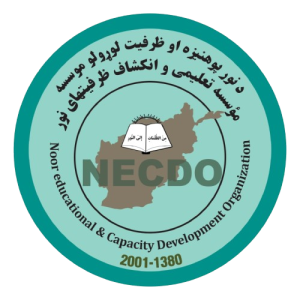
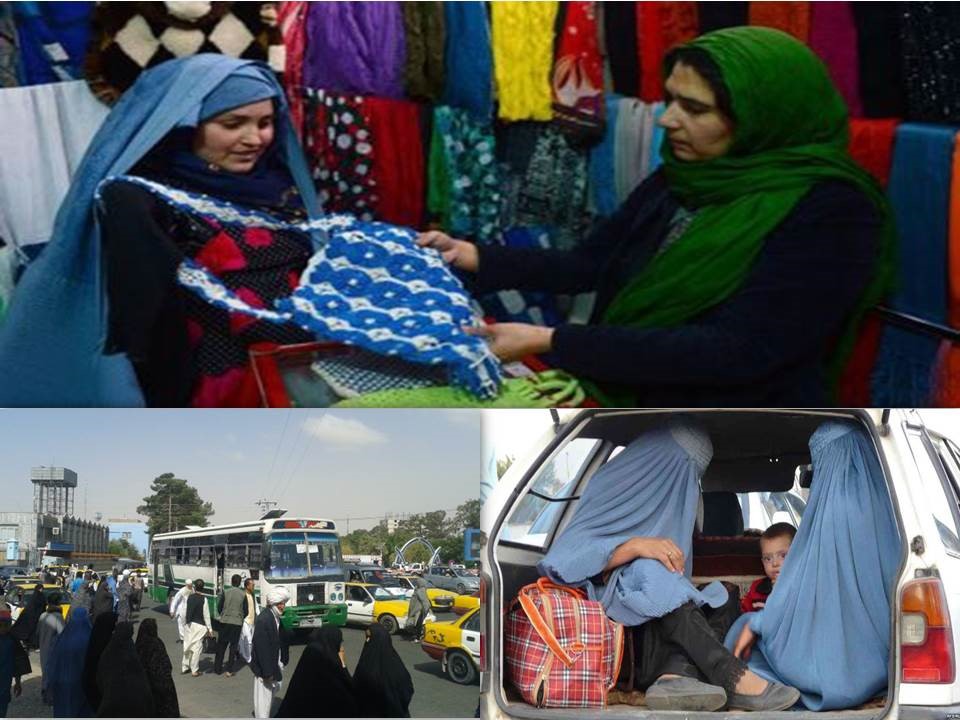
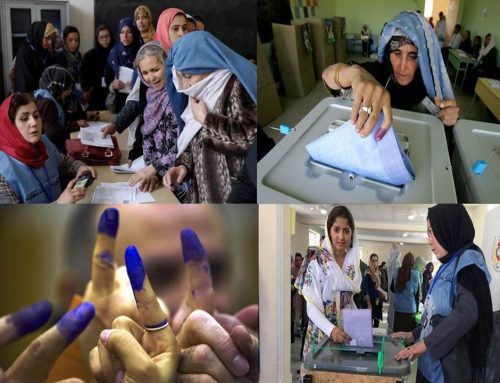
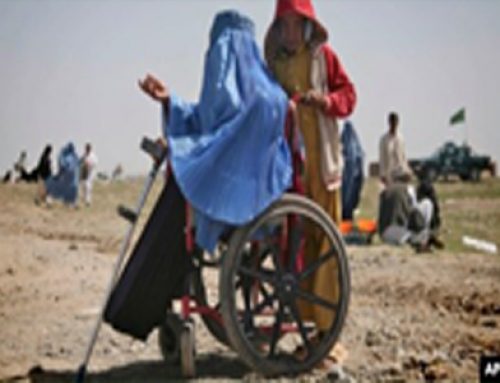
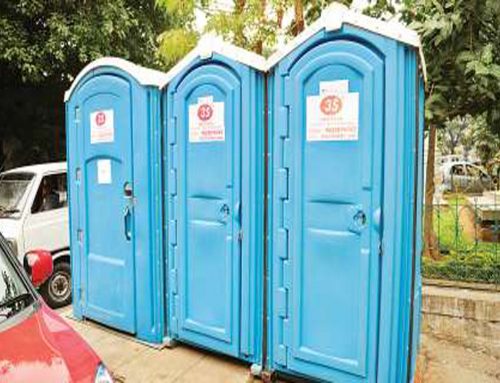
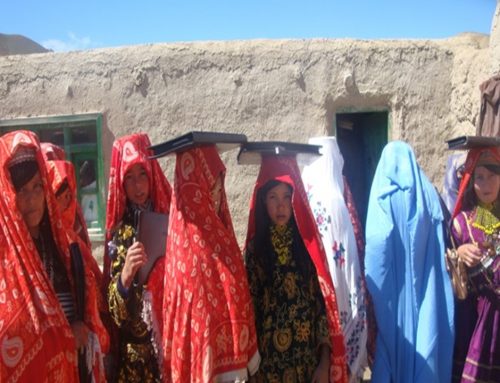
Leave A Comment